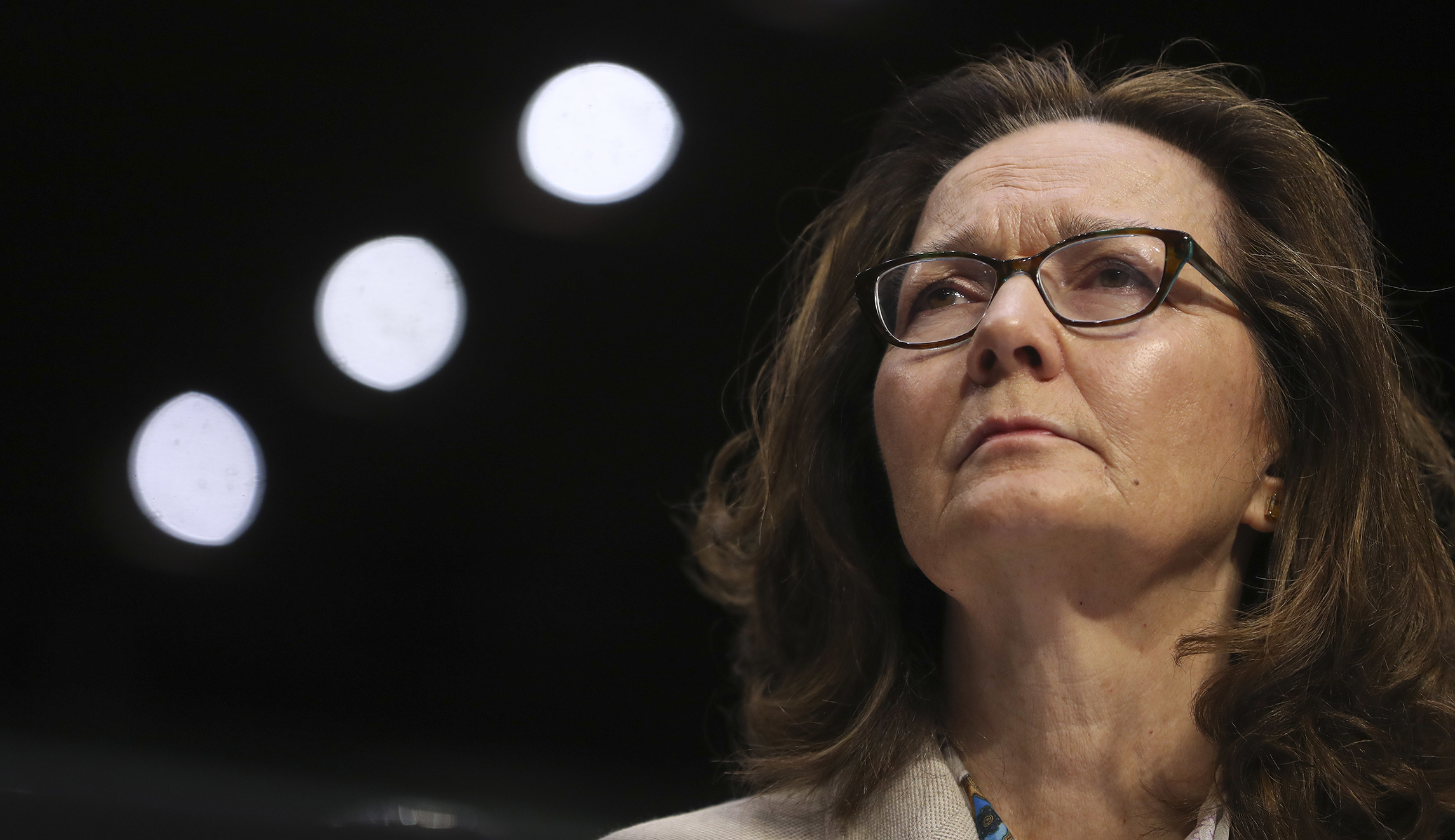Gina Haspel, the director of the CIA, has announced her intent to retire from the agency. The agency revealed on Tuesday that Haspel, 64, who was sworn into office on May 18, 2018, would be stepping aside after more than three decades with the agency.
The agency thanked her, saying, “You have broken barriers and empowered the next generation of CIA officers.”
“It has been the greatest honor of my life to lead this remarkable organization,” Haspel said. “I depart deeply proud of the work we have done together — the triumph we have achieved, the threats we have overcome, and the investments we have made for the future.”
Haspel’s departure was announced one day before President-elect Joe Biden takes office. Biden picked William Burns, a longtime diplomat, to be his nominee for CIA director.
Haspel joined the CIA in 1985 and spent decades on the operations side of the agency, including as an undercover case officer in Africa and Europe and a station chief in Europe, Central Eurasia, and elsewhere. She worked her way up to being President Trump’s deputy CIA director in 2017. She became the first female director of the CIA after taking over for Mike Pompeo in 2018 when he was picked to be secretary of state.
Haspel helped implement the CIA’s enhanced interrogation program, which some have likened to torture, at a so-called “black site” in Thailand after the 9/11 terrorist attacks, but she sent a letter to Democrats during her confirmation process to say that “the enhanced interrogation program is not one the CIA should have undertaken.”

Trump repeatedly praised Haspel in tweets two years ago, saying, “Gina Haspel, my highly respected nominee to lead the CIA, is being praised for the fact that she has been, and alway will be, TOUGH ON TERROR! This is a woman who has been a leader wherever she has gone. The CIA wants her to lead them into America’s bright and glorious future!”
But the president, whose personal account was permanently suspended this month, had not tweeted Haspel’s name since congratulating her for her Senate confirmation in 2018. Haspel was confirmed by a vote of 54-45.
While her departure was announced on Tuesday, there were reports that Haspel nearly resigned last month amid rumors that Trump was on the verge of naming Kash Patel, seen as a loyalist to the president by many, as her deputy. Patel, who helped then-House Intelligence Committee Chairman Devin Nunes pen a 2018 memo on Foreign Intelligence Surveillance Act abuses, became acting Defense Secretary Chris Miller’s chief of staff after the November election. The proposal to move Patel to the CIA, which fell apart after Haspel and others reportedly opposed it, would have forced CIA Deputy Director Vaughn Bishop out. If Haspel then resigned in protest, Patel could have become the acting director.
Now-former Attorney General William Barr said in December that he did not “see any sign of improper CIA activity” or “foreign government activity before July 2016.” He concluded that the CIA “stayed in its lane.” U.S. Attorney John Durham interviewed former Obama-era CIA Director John Brennan in August amid questions over whether he had politicized the 2017 intelligence community assessment on Russian meddling.
Some Republicans criticized Haspel for what they saw as her slow-walking of the release of information related to the Trump-Russia investigation.
A letter sent by Senate Homeland Security Chairman Ron Johnson of Wisconsin and Senate Finance Committee Chairman Chuck Grassley of Iowa to Haspel was made public in early October after Director of National Intelligence John Ratcliffe revealed he handed over nearly 1,000 pages of documents to assist Durham, who was appointed special counsel in October, with his investigation of the Trump-Russia investigators.
“The American people have a right to know the full extent of official action taken by federal officials during the 2016 campaign, the presidential transition, and into the Trump administration,” the GOP senators wrote. “Unfortunately, many of the puzzle pieces remain hidden, and some of that information rests within your agency.”
The senators, who were seeking information on controversies ranging from any agency relationship with British ex-spy Christopher Steele to Brennan’s involvement with Crossfire Hurricane, pointed to Haspel’s May 2018 testimony when she said, “If confirmed as director, I will uphold the agency’s obligations to Congress and ensure that oversight works on behalf of the American people.”
Over the summer, Haspel condemned leaks related to reports that the Russians were offering Taliban militants bounties to kill U.S. soldiers in Afghanistan as top U.S. military leaders cast doubt on them.
“When developing intelligence assessments, initial tactical reports often require additional collection and validation. In general, preliminary Force Protection information is shared throughout the national security community — and with U.S. allies — as part of our ongoing efforts to ensure the safety of coalition forces overseas. Leaks compromise and disrupt the critical interagency work to collect, assess, and ascribe culpability,” Haspel said in a June statement. “Hostile states’ use of proxies in war zones to inflict damage on U.S. interests and troops is a constant, longstanding concern. CIA will continue to pursue every lead; analyze the information we collect with critical, objective eyes; and brief reliable intelligence to protect U.S. forces deployed around the world.”
Haspel served seven field tours with the CIA and held a number of senior leadership positions, including deputy director of the CIA, acting director of the National Clandestine Service, deputy director of the National Clandestine Service, and deputy director of the National Clandestine Service for Foreign Intelligence and Covert Action.
